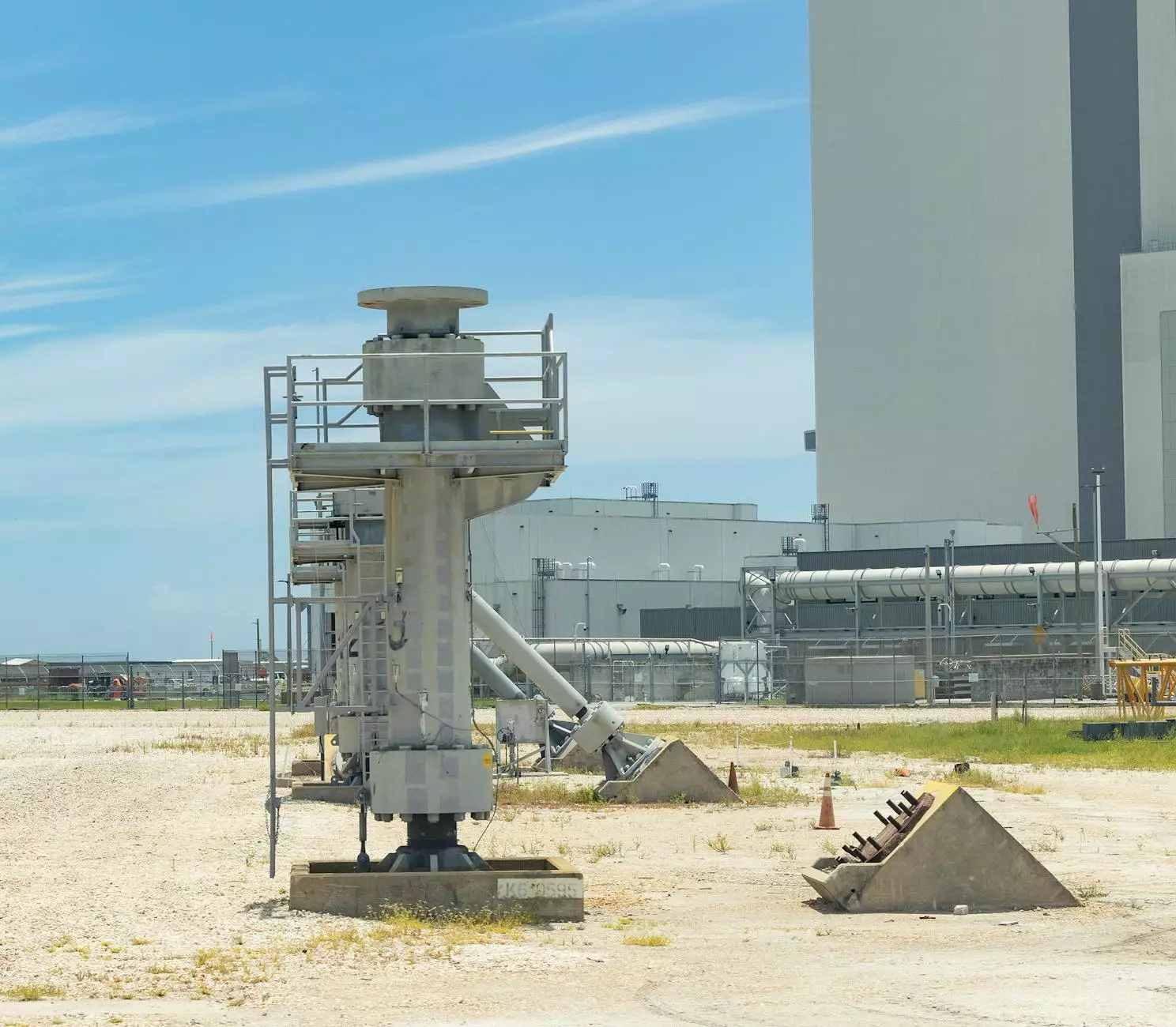The Ultimate Guide to Solar Panel Washing System for Optimal Efficiency

In today's world, harnessing the power of the sun through solar panels is not just a trend; it is a vital step toward sustainable energy solutions. However, many solar panel owners often overlook an essential aspect of solar panel maintenance - the solar panel washing system. This comprehensive guide will delve deep into the necessity, benefits, and various methods of cleaning your solar panels to ensure they operate at peak efficiency.
Why is a Solar Panel Washing System Necessary?
Over time, solar panels can accumulate dirt, dust, debris, and even bird droppings. These pollutants can significantly affect the panels' ability to capture sunlight, leading to reduced energy efficiency. Here are some compelling reasons why investing in a solar panel washing system is crucial:
- Maximized Energy Production: Clean solar panels can increase energy production by up to 25%. Regular cleaning ensures that your solar panels can absorb optimal sunlight.
- Longevity of Equipment: Regular maintenance and cleaning can extend the lifespan of your solar panels. Dirt and grime can cause wear and tear, leading to costly repairs or replacements.
- Ensures Warranty Compliance: Many manufacturers require regular maintenance to maintain warranties. Using a solar panel washing system can help you comply with those requirements.
- Preventative Maintenance: Regularly cleaning your solar panels can prevent damage from debris or excessive grime buildup, such as scratches or wear.
What is a Solar Panel Washing System?
A solar panel washing system can range from simple DIY solutions to professional cleaning services. It typically involves specialized equipment designed to gently clean the solar panels without causing damage. This system can include:
- Water-fed Poles: These poles allow users to clean hard-to-reach panels using purified water, eliminating the need for chemicals.
- Pressure Washers: Some systems use adjustable pressure washers designed specifically for solar panels, ensuring that the water pressure is appropriate to avoid damage.
- Soft Brushes: Brushes designed with soft bristles that prevent scratching while effectively removing dirt and grime.
- Robotic Cleaners: For larger installations, robotic washing systems can automate the cleaning process, saving time and labor costs.
Benefits of Using a Professional Solar Panel Washing System
While some solar panel owners may opt for DIY cleaning methods, hiring professionals with a reliable solar panel washing system has several advantages:
- Expertise: Professionals are trained to know the best practices for cleaning solar panels, ensuring all panels are cleaned efficiently and safely.
- Safety: Cleaning solar panels can involve working at heights and using specialized tools. Hiring professionals minimizes risks associated with cleaning on rooftops.
- Proper Equipment: Professional cleaning services use advanced cleaning methods and equipment, which may not be available to individuals.
- Time-Saving: Professionals can clean large arrays in a fraction of the time it would take an individual, allowing you to spend your time on other essential tasks.
DIY Solar Panel Washing System: Steps to Clean Your Panels Safely
If you decide to clean your solar panels yourself, it's crucial to follow the correct steps to avoid damage. Here’s a step-by-step guide for an effective DIY solar panel washing system:
Step 1: Gather Your Supplies
To begin with, make sure you have the following materials ready:
- Soft-bristle brush
- Bucket
- Garden hose with a misting attachment or a pressure washer (on low pressure)
- Purified water
- Safety harness (if working on a roof)
Step 2: Safety First
Ensure you are working safely. If cleaning panels on a roof, consider using a safety harness and, if possible, having a second person with you for assistance.
Step 3: Choose the Right Time
Avoid cleaning your solar panels in direct sunlight or when they are hot. Early morning or late afternoon is the best time to avoid burns or streaking.
Step 4: Rinse the Panels
Start by rinsing the panels with water to remove loose dirt and debris. Use a hose with a misting nozzle or a low-pressure setting on a pressure washer.
Step 5: Apply Cleaner
If the panels are heavily soiled, you may consider using a solution made with purified water and a small amount of biodegradable soap. Apply this with your soft-bristle brush, working in circular motions.
Step 6: Rinse Again
After scrubbing, thoroughly rinse the panels to remove all soap and dirt. Ensure no residues are left behind, as this can attract more dirt.
Step 7: Final Inspection
After cleaning, inspect the panels for any signs of damage or wear. Address any issues promptly to maintain efficiency.
Common Challenges in Solar Panel Cleaning
While cleaning solar panels is straightforward, some challenges might arise. Here are some common issues and tips to overcome them:
- Hard Water Stains: If you're using tap water that contains minerals, it can cause stains. Always use purified water to prevent this issue.
- Access Issues: Some solar panel installations can be difficult to reach. In such cases, hiring professionals may be the safest option.
- Time Consuming: Cleaning solar panels can be time-consuming, especially if you have a large setup. Factor in costs versus savings when considering DIY.
How Often Should You Clean Your Solar Panels?
The frequency of cleaning your solar panels largely depends on your location, environmental factors, and the degree of pollution in your area. Here are some guidelines:
- Low Pollution Areas: Every 6 months to 1 year
- Moderate Pollution Areas: Every 3 to 6 months
- High Pollution and Pollen Areas: Monthly
Regular inspections should accompany these cleaning schedules. If you notice reduced efficiency on your energy bills, it’s a good indication that cleaning is necessary.
The Environmental Benefits of Regular Solar Panel Maintenance
By maintaining your solar panels with an effective solar panel washing system, you not only increase efficiency but also contribute to environmental sustainability:
- Reduced Carbon Footprint: Cleaner panels produce more energy, leading to less reliance on fossil fuels.
- Promotion of Renewable Energy: As solar power becomes more widely utilized, cleaning and maintaining solar installations can improve public perception and acceptance.
Conclusion: Invest in Your Solar Future
Investing in a solar panel washing system is investing in the longevity and efficiency of your solar energy system. Whether opting for professional cleaning or following the DIY steps, keeping your solar panels clean is essential for maximizing energy production and maintaining efficiency. The benefits, both economic and environmental, are clear. By ensuring your solar panels are spotless, you contribute not just to your savings but also to a cleaner planet.
For top-notch solar panel cleaning services, consider visiting washmesolar.com for specialized solutions that cater to your needs. Let's work together for a sustainable future!









